메인 컨텐츠 영역
- 1. Work-Life Balance International Coaching Program
- 2. Coaching Basic
- 3. 5R Coaching Leadership
- 4. ICF Credential Courses
- 5. Work-Life Balance Life Coaching
- 6. Business Professional Coach Training
- 7. Emotional intelligence Coaching
Emotional intelligence Coaching
Emotional intelligence and empathy are the most important competitive power in the 4th Industrial Era.
Emotional Intelligence leadership coaching is the process of focusing on people's Emotional Intelligence so that negative emotional habits can be transformed into positive emotional habits. So, they can live up to their true intentions and the values of their existence. Mistakes, regrets, and wounds from the past can lead to false fears and beliefs, which prevent you from reaching your potential and hinder your growth. Emotional Intelligence Leadership Coaching helps people manage their emotions and consciousness, experiencing empathy, rich emotional abilities, and happiness in their daily lives, and living a new level of success. After this course, you can obtain the Korean Coaches Association certification KPC certificate.
“We should develop our capacity to manage and regulate our emotions by ourselves in order to not to be victims of negative feelings.”
Course Advantages
Developing the ability to balance and manage both negative and positive emotions through identifying the invisible state of inner emotions. Developing the ability to live by the values of my own existence, through finding and clarifying identity and existential core values. As a member of a workplace, and as a leader of an organization, you can improve your relational ability to build connections with colleges, individuals in your relation of top and bottom, and customers, and to improve your empathy. Through promoting your equanimity and emotional intelligence skills, you can manage your stress and conflict in your daily life to improve, maintain and manage your work and personal life and to pursue self-satisfaction and personal wellness
-
01
Reinforcement of inner Strength
Reinforcing your inner strength to sensitively recognize your inner emotions, thoughts and energies and to manage them appropriately.
-
02
Improvement of Interpersonal Skills
Being Sensitive to the feelings of other people and respond to them with empathy appropriately, and build intimate connection with people.
-
03
Management of Negative Emotions
Developing positive emotional habit through managing negative emotions like anger.
-
04
Enhancement of Performance and Happiness
Reinforcing the your level of performance and happiness through responding to issues in your work and personal life with flexibility and effectiveness
Module
-
1. Coaching Leadership Is Needed in a New Era
Recognizing and clarifying my existential value and identity.
-
2. Experience of the World of Consciousness
Experiencing the state of consciousness of past and present.
-
3. Management of Emotions and Energy
Exploring the causes of inner negative emotions and energies. Acquiring energy change technique.
-
4. Coaching Communication Skills
Questioning, active listening and feedback. Practicing the integrated coaching conversation skills.
-
5. Creation of the Power of Positivity
Experiencing the power of positive thinking and Developing emotion management skill to create happiness for yourself.
-
6. Strategies of Reinforcing Consciousness
Expanding and strengthening consciousness. Making and proclaiming the statement of my consciousness
-
7. A Life-Changing Action Plan
Establishing clear dream and goals in life and formulating action places for them.
-
8. Practice and Feedback
Integrated practice and feedback for Emotional intelligence coaching to change and grow
Emotional Intelligence Leadership
-
The history of Emotional Intelligence Leadership
Emotional intelligence was proposed by Salovey., P. and Mayer., J. D. in the early 1990s and popularized by Dniel Goleman in the mid 1990s. Emotional intelligence refers to the ability to perceive one's own emotions as well as others' and ability to distinguish between those emotions to regulate one's responses on that information. This ability to process emotional information is an inner power perceiving, recognizing, responding and expressing the both the individual's and others' emotions effectively and regulating the emotions to motivate, plan and achieve goals and values.
-
What is Emotional Intelligence Leadership?
Emotional intelligence leadership is the ability that a leader recognizes his(her) own inner emotions accurately, understands and care for the feelings of others around him(her), and forms and maintains a sound and desirable relationship with them. If a leader excels at his(her) emotional capacity, he(she) can maximize the abilities of his members to achieve better performance. It is the leadership that what I cam have others to follow and work based on my intention. Leadership appears in diverse forms and styles in time and context as well as leadership takes a role differently based on the characters of leaders and members. Leadership in an essence is the power of influence that a person impacts on the members of his(her) organization.
-
The Need for Emotional Intelligence Leadership
Recently, society has changed rapidly and people's thoughts and values have been more diverse. lt is requested to have an ability to understand people's inner emotions and thoughts accurately. Now is the time to change the image of leaders who command orders to carry out into the image of coach leaders who has enough Emotional intelligence to motivate others through empathizing their hearts and minds.
-
Emotional Intelligence Leadership Abroad
The ICF reported that 80% of executive coaches worldwide focus on developing emotional intelligence leadership competencies. According to the ICF, more than 80% of world-top level business coaches practice their coaching professions based on Emotional Intelligence to derive change and growth in their clients. When the U.S. Air Force chose their key leaders with reviewing the results of the Emotional intelligence Assessment Test as the centerpiece to consider, 3 million dollars were saved(Handley &Bar-On).
8 hours workshop for 2 days, 2 hours of video call coaching for 2 times, the total of 20 hours
